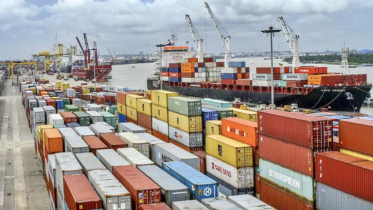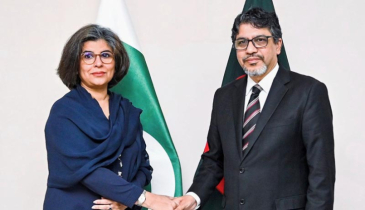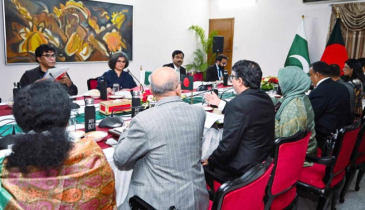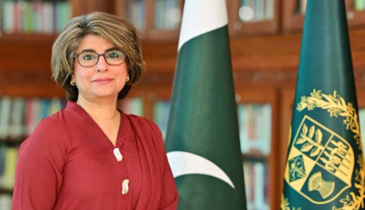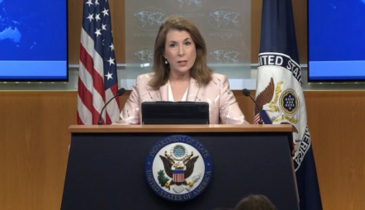COP-28: Bangladesh sees hope in new climate funds
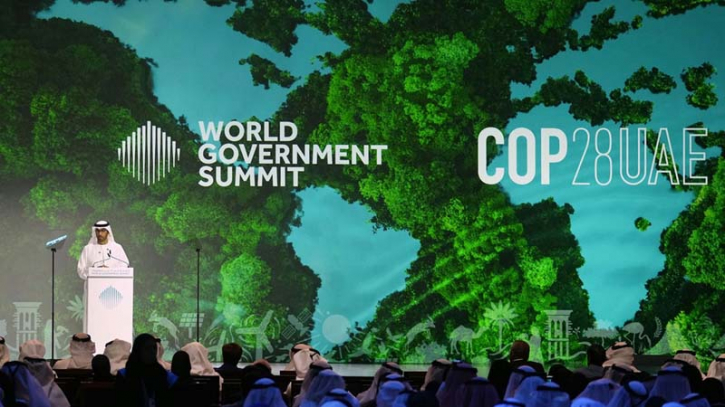
Leading up to the World Climate Conference, discussions arose about the role of the host country, the United Arab Emirates (UAE), with the president of the COP-28 conference, Sultan Al Jaber, attracting global media attention for seemingly promoting the oil business during the conference.
Despite initial apprehensions, the conference is concluding with two notable achievements. One is the establishment of the 'Loss and Damage Fund,' a dedicated initiative aimed at addressing the detrimental impacts of climate change, amassing pledges totaling $700 million.
Additionally, the Global Stocktake (GST) report, a crucial assessment of global climate change effects, was formally accepted on Monday.
The final session of the COP-28 climate conference is scheduled for today, Tuesday, where potential announcements might include the framework's establishment outlining how nations will access the newly allocated funds. Moreover, formal declarations regarding mandated reductions in carbon emissions to combat climate change might also be unveiled.
These recent developments bear substantial significance for Bangladesh. Historically, countries like Bangladesh, classified as low and middle-income nations, encountered challenges in securing funds from the Green Climate Fund (GCF) established by the United Nations. The introduction of the climate damage fund is viewed as a positive stride forward, with experts foreseeing tangible benefits for countries like Bangladesh.
The conference witnessed the participation of approximately 70,000 delegates representing nearly 200 countries worldwide. Bangladesh's government delegation, headed by Environment, Forest, and Climate Change Minister Shahab Uddin and Deputy Minister Habibun Nahar, played a crucial role in the 37 conferences on behalf of the government. Additionally, 40 members from non-governmental organizations actively engaged in the conference proceedings.
.png)



